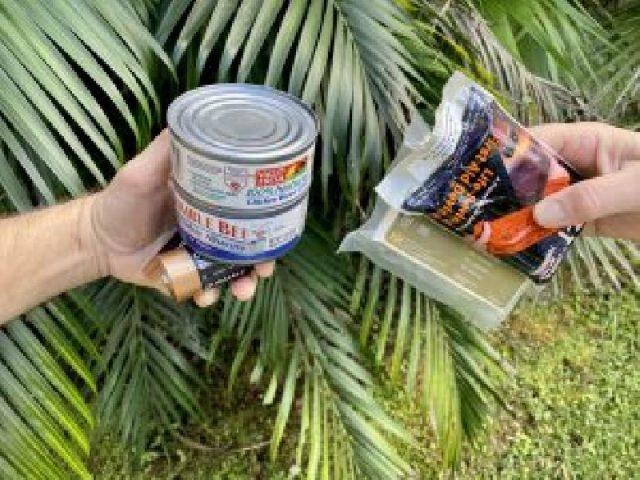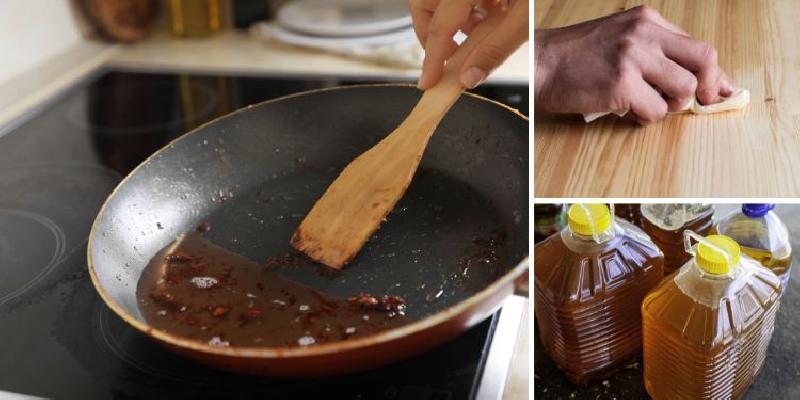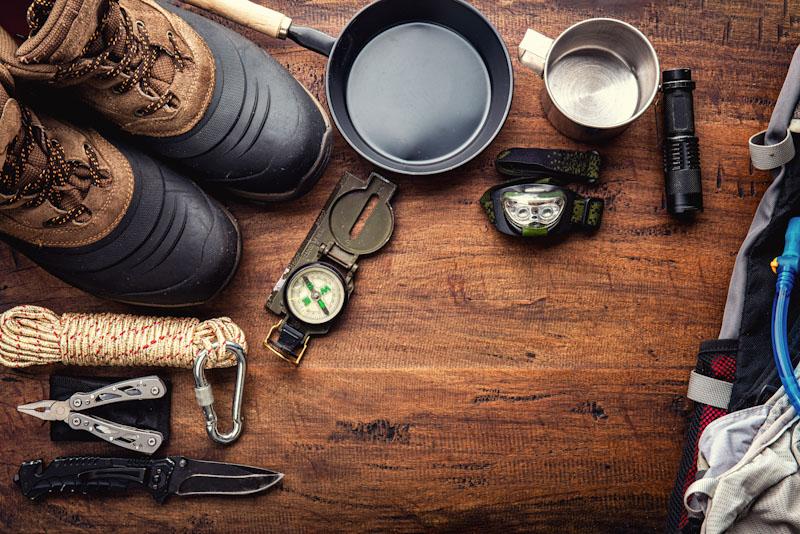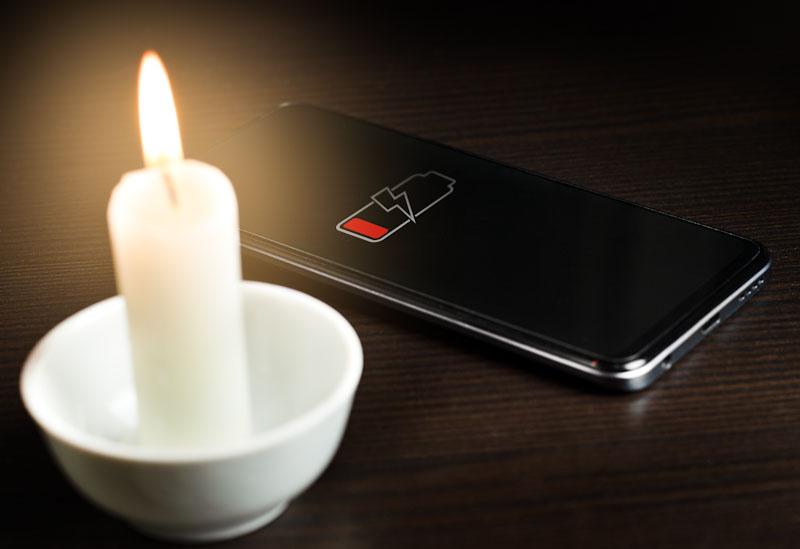Every so often, people ask me about the importance of precious metals for barter purposes in a societal collapse. There’s no reason not to have some silver or gold if you can afford it, but there’s something you should know if you’re counting on it in a post-apocalyptic economy: You can’t eat it. Precious metals would be useful as barter only in the earliest stages of a long-term disaster. Other items, like food and medical supplies, have more long-term trading power.
In the early days after civilization has been taken over the brink, people haven’t yet realized that “money” may be worthless in terms of long-term survival. In these circumstances, your paper money may have value at first, but you can expect more and more will be needed to buy a loaf of bread. Although crimes are committed daily in “normal” times to obtain it, currency is only paper, as evidenced by the government’s apparent ease of printing it whenever desired. Wise survivors will realize this before long (you could, I suppose, use a nice wad of it to get a fire started or as bathroom tissue).
Then, for a while, silver and gold will replace paper money. The amount of time you’ll be able to use your coinage will vary with the rapidity of the collapse, but, soon enough, even gold and silver will just be pretty hunks of metal.
Food, defensive items, and medical supplies will eventually become the most valuable surplus items you can have for successful trading. If you live in an arid climate, add water to the list.
FOOD AS BARTER

Face it, once the supermarket shelves are empty, food will be on everyone’s mind. Those who have experienced true hunger will tell you how difficult it is to think of anything else. Counting on your hunting skills to feed your crew? If there are enough good hunters in your area, deer and other critters will be hunted to the point of scarcity in short order.
The answer is to grow your own food. Few, however, have the seeds or the knowledge to grow their own vegetables. Even fewer have success producing enough for their families, not to mention a mutual assistance group.
Gardening has a learning curve that’s subject to the whims of factors such as the amount of rainfall, storms, and extremes in temperature. Soil conditions and pests are also factors. Despite the challenges, learn how to be successful at growing food, and you will have some real bargaining power.
Although Nurse Amy and I happen to be fortunate to live near sources of fresh water, availability isn’t the only issue. Disease-causing organisms in untreated water could cause infectious diseases to run rampant in your group. Materials to purify water, even just sodium hypochlorite (household bleach), could be highly useful for bartering with knowledgeable survivors. Unfortunately, it loses potency in 6-12 months. Alternatively, a supply of calcium hypochlorite crystals used in pool additives will last longer and will be easier to portion out. Properly stored, calcium hypochlorite has a shelf life of over 5 years.

How to disinfect water with calcium hypochlorite:
- Add one heaping teaspoon to two gallons of water and stir. This makes a “bleach” solution. Don’t drink this!
- Add one pint of the “bleach” solution to 12 ½ gallons of water or a half liter to every 50 liters of water to make it potable. Essentially, you’re making drinkable water by adding one part of chlorine mixture to each 100 parts of water.
- Pouring the water from one container to another seems to help decrease the chlorine taste
- Wait a good 30 minutes before using.
AMMUNITION AS BARTER

Items for defense will be important for protection in survival settings. In fact, some have specifically stored extra ammunition specifically for barter purposes. If you’re planning on accumulating ammo for barter, try to figure out what calibers are popular in your area. In most states, 9mm is the most popular handgun round in the U.S. For rifle rounds, it’s the .223/5.56.
Encounters in survival scenarios for bartering ammunition can be especially risky, however, as someone can simply complete the transaction by loading their firearm with your items and…well, you know the rest. This will always be a possibility. Indeed, it’s naive to think you wouldn’t be a target for the desperate or unscrupulous. Therefore, any barter meeting should be undertaken only with plenty of what we call ‘backup.” If the product to be traded is ammunition, it should be packaged so solidly that it can’t be accessed until you’re far away.
MEDICAL SUPPLIES (AND KNOWLEDGE) AS BARTER

Food and ammunition seem to be natural barter items. So, why would medical supplies have trade value? The reason is simple: You can easily make a wound with a loaded weapon, but few will have the items necessary to heal a wound. Bandages, antibiotics, blood clotting agents, and other medical materials are unique and irreplaceable goods in a world without hospitals and emergency rooms. These items and the knowledge to use them will become important materials and services both in the short and long term.
You can never have too many medical supplies in your survival storage. You’d be surprised at how many dressings one major bleed will consume. Don’t forget that you won’t be dealing with wound care just until you can get the patient to the hospital. There is no hospital. You’ll be in charge from beginning to end in a true survival scenario. For any lengthy event, that means you’ll use up a lot of medical supplies.
Bandaging materials, antiseptics, and other wound care items will be highly valuable. Antibiotics will be as well. I’ve written for over a decade on the importance of antibiotics to avoid unnecessary deaths in survival settings. Veterinary antibiotic equivalents are not as easily found these days, but they are still available online.
It’s not just medical items. Let’s take the value of your medical knowledge as a trade item: Not everyone knows how to stop bleeding, splint an orthopedic injury, perform long-term wound care, or treat infection. If you’re the medic, your services have value. What do you think that value would be in circumstances where a family has a child who’s sick or an injured loved one? This is a compelling argument for taking the time and effort needed to learn these skills.
This doesn’t mean that you should expect something in return every time you help someone in medical need. The value of goodwill in a survival community shouldn’t be underestimated. Grateful parents, if they’re able, will want to reward you in some way for saving a child’s life. In this way, volunteering your services may increase the chances for your own family’s survival. As time goes on, your skills may be deemed so valuable that you become an important asset to a community; one whose members will expend resources to protect.

If you spend enough time off the grid, it stands to reason that all the commercial supplies will run out. A knowledge of herbalism will come in especially handy here. An understanding of what plants in your area may have medicinal value will help cement your long-term value to the group.
Food, water, and shelter are the most important things to have if things go south, but medical supplies and the knowledge of how to use them are a strong second, maybe more than ammo (but I’m biased). Keep this in mind as you put together your stockpile. I’ll bet you have your own ideas on what would be useful barter items and skills in a post-apocalyptic world. Let me know your thoughts!
via doomandbloom




